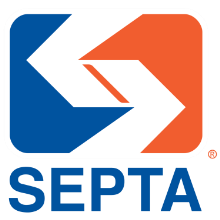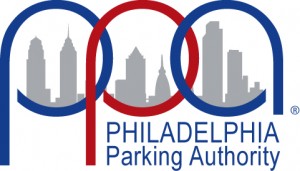New Report Quantifies Economic Cost of Congestion to All Philadelphians



PHILADELPHIA (June 24, 2019) – A new study released today quantifies for the first time the economic cost of Philadelphia’s growing problem of traffic congestion.
The report, completed by Philadelphia-based Econsult Solutions, Inc., finds that congestion within the Center City street grid alone impacts Philadelphians in the following ways:
- 7 million annual hours lost for bus and car passengers sitting in traffic
- $152 million in annual time value and transportation cost associated with those delays – a $260 annual tax on each Philadelphia household
- $21 million in additional SEPTA bus operating costs associated with maintaining the same level of service at slower speeds
- 15,700 potential jobs and $1.08 billion potential earnings foregone associated with lost productivity – four Comcast Towers worth of unrealized workers
- $58 million foregone in City and School District tax revenue associated with lower productivity and earnings – or $100 per household
The report notes that congestion is a signal of success, with population and job growth increasing demand for travel across the city. Philadelphia has grown by more than 71,000 jobs since 2010, and grew more than 15,000 jobs in 2018 alone. However, if not controlled congestion threatens to short-circuit economic growth by reducing the attractiveness of Philadelphia as a place to live and do business. In effect, traffic puts a ceiling on the city’s growth potential.
The report’s release comes amidst a significant campaign by the City of Philadelphia, in partnership with SEPTA and the Philadelphia Parking Authority, to better manage congestion by strictly enforcing traffic violations in Center City.
“Congestion in Philadelphia is negatively impacting the quality of bus service, which in turn is contributing to ridership loss,” said SEPTA General Manager Jeffrey D. Knueppel. “Less bus ridership adds even more cars to city streets, further exacerbating the congestion problem. SEPTA is committed to working with the city to breaking this vicious cycle, and this report helps to make clear just how important it is to the future of the city and region that we are successful in this effort.”
As the city has grown, so too has the demand for use of street space. This has created an impetus for thoughtfully managing the public right of way.
“The city has seen an increase in the number of pedestrians, transit riders, bikers, and drivers of all types that share its colonial street grid,” said Michael A. Carroll, City of Philadelphia Deputy Managing Director of the Office of Transportation, Infrastructure, and Sustainability. “At the same time, the emergence of ride-sharing and online shopping with delivery has put new kinds of demand on the grid. The resulting congestion impacts the lives of residents throughout the city, costing them valuable time and limiting their ability to reliably access employment and other opportunities.”
“As the agency tasked with regulating Uber, Lyft, and taxis as well as maintaining the flow of traffic in the city’s numerous business districts, the Philadelphia Parking Authority looks forward to working with our transportation partners to alleviate congestion, while also ensuring the safety of taxis and ride-share vehicles for the riding public,” said PPA Executive Director Scott Petri.
Petri added, “It’s troubling that our inspections of Uber and Lyft vehicles since the beginning of the year uncovered a disturbing trend of 32 percent failing inspection.”
To read the full report, please visit: https://econsultsolutions.com/philadelphia-congestion-2019/
